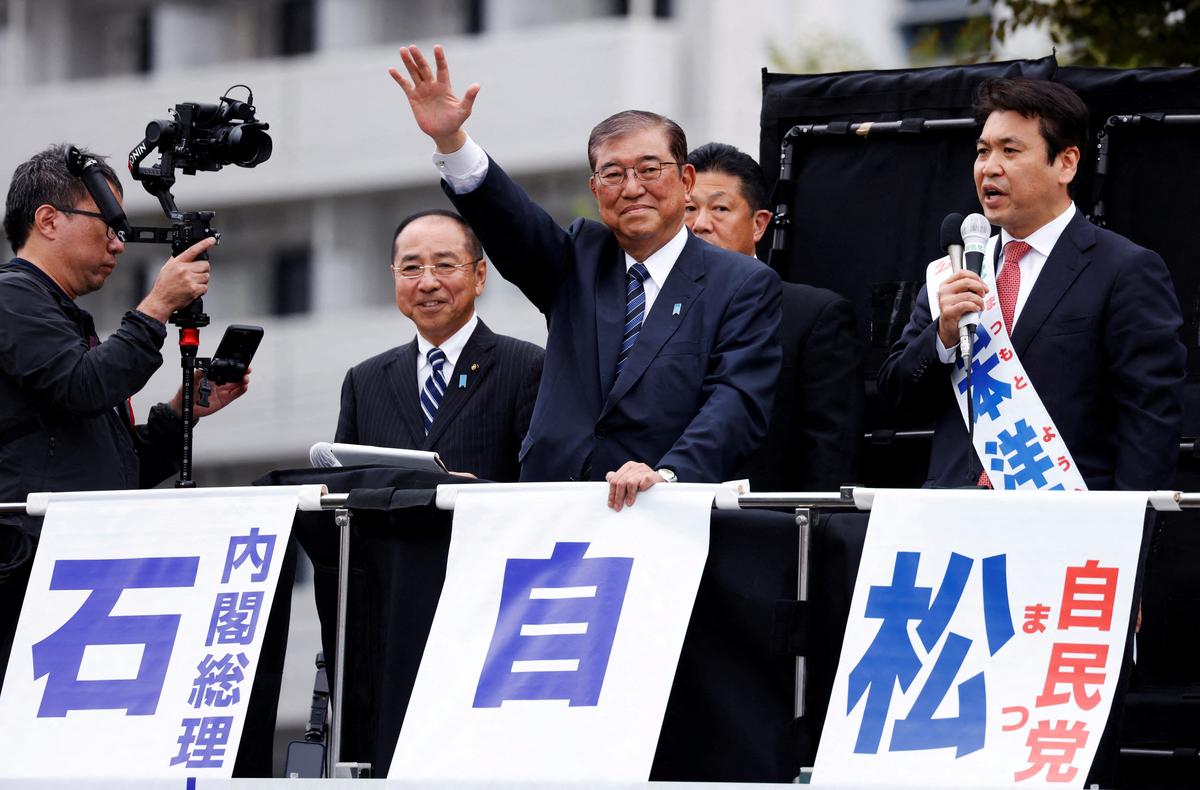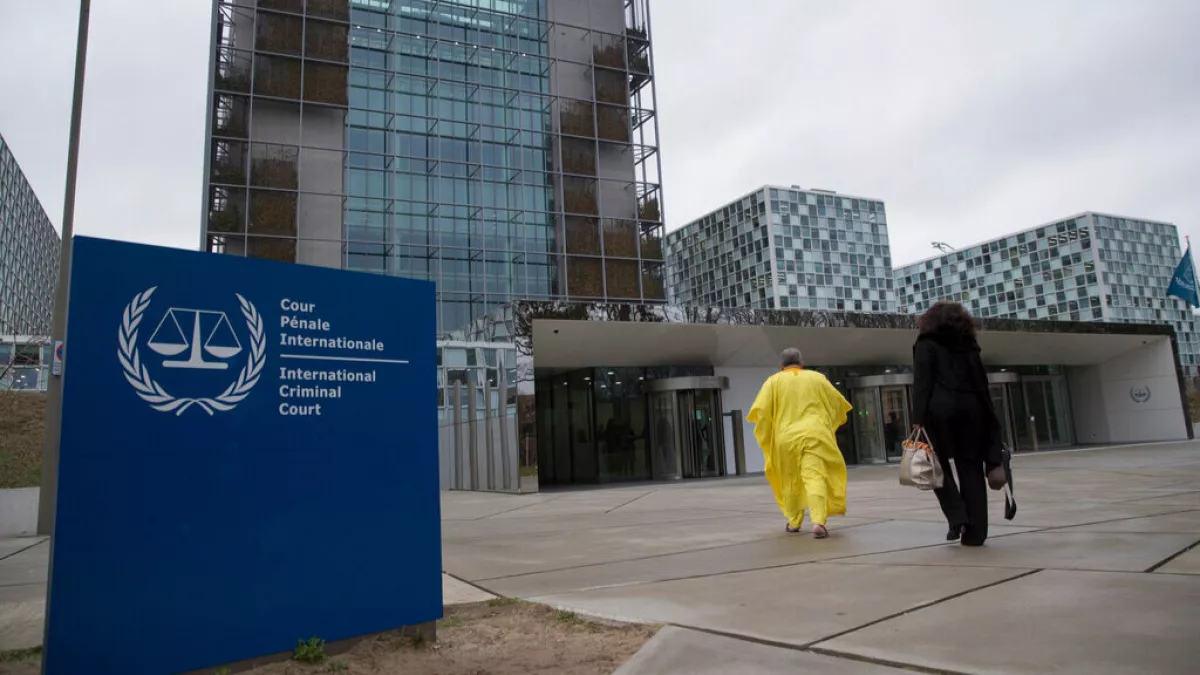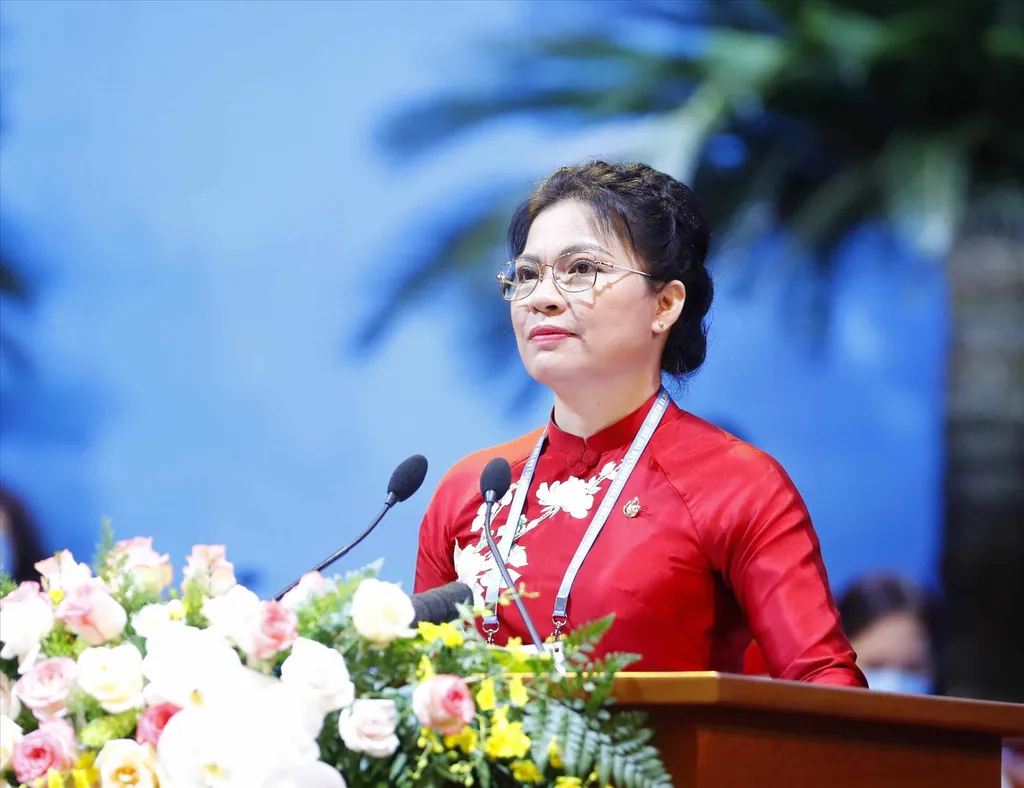
Japan's ruling party braces for blow to its comfortable majority in lower house
Associated Press Tokyo: Japanese Prime Minister Shigeru Ishiba's conservative ruling party braced for a blow to its comfortable majority in the lower house of parliament in Sunday's elections amid public rage over the party's financial scandals and discontent over a stagnant economy. The results could weaken Ishiba's grip on power, possibly leading Japan into political uncertainty, though a change of government was not expected. Ishiba took office on October 1, replacing his predecessor Fumio Kishida who resigned after failing to pacify the public over widespread slush fund practices among Liberal Democratic Party lawmakers. Ishiba immediately ordered a snap election in hopes of shoring up support by using his outspoken, reformist image.
Voting began Sunday morning across Japan, where 1,344 candidates, including a record 314 women, are running for office. Polls close at 8 pm, with early results expected within hours. Ishiba has set a goal of retaining 233 seats for the ruling coalition between the LDP and its Buddhistbacked junior partner Komeito, a majority in the 465-member lower house, the more powerful of Japan's two-chamber parliament. Ishiba, in his final speeches Saturday in Tokyo, apologised over his party's mishandling of funds and pledged “to restart as an equal, fair, humble and honest party.” He said only the LDP's ruling coalition can responsibly run Japan with its experience and dependable policies. Once a popular politician known for his criticism of even his own party's policies, Ishiba has also seen support for his weeks-old Cabinet plunge. The biggest opposition party, the Constitutional Democratic Party of Japan, is led by centrist leader Yoshihiko Noda who briefly served as prime minister during the LDP's 2009-2012 descent from power. Noda's party is expected to make significant gains.
Noda says Sunday's election is a rare chance for a change of government, which will be the most effective political reform, though his party has trouble finding other opposition groups with which to cooperate. At a downtown Tokyo polling station early Sunday, a number of voters said they considered the corruption scandal and economic measures.
 English daily published in Bengaluru & Doha
English daily published in Bengaluru & Doha






